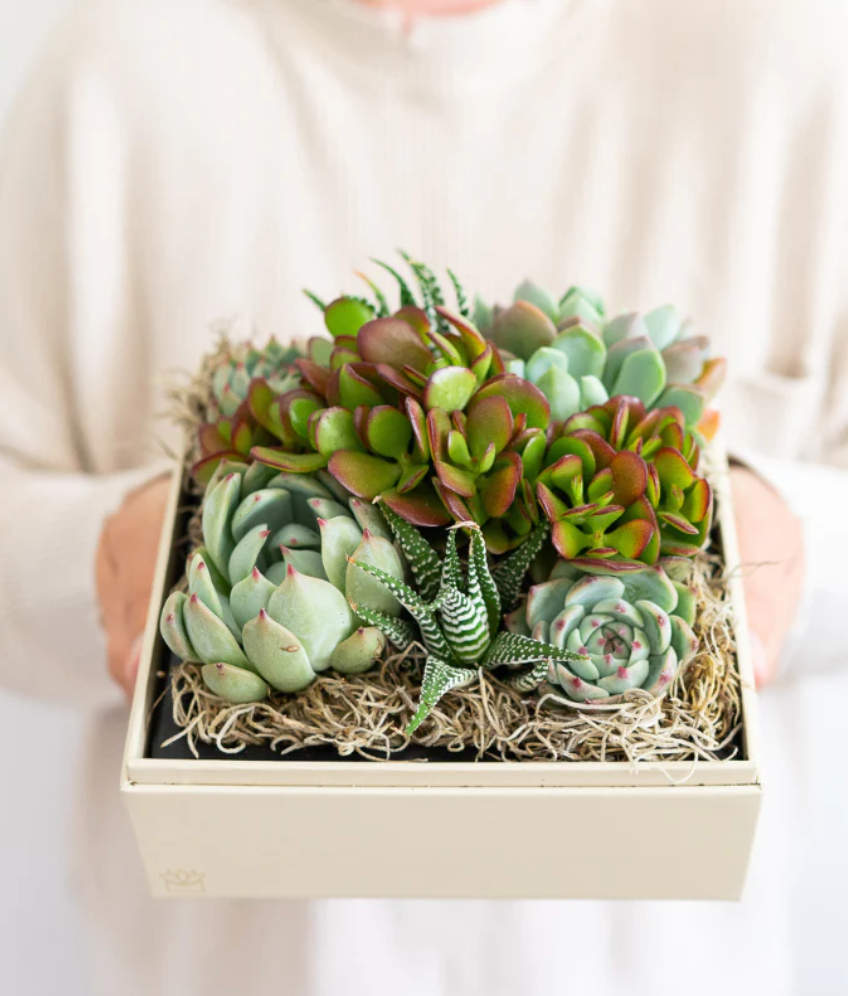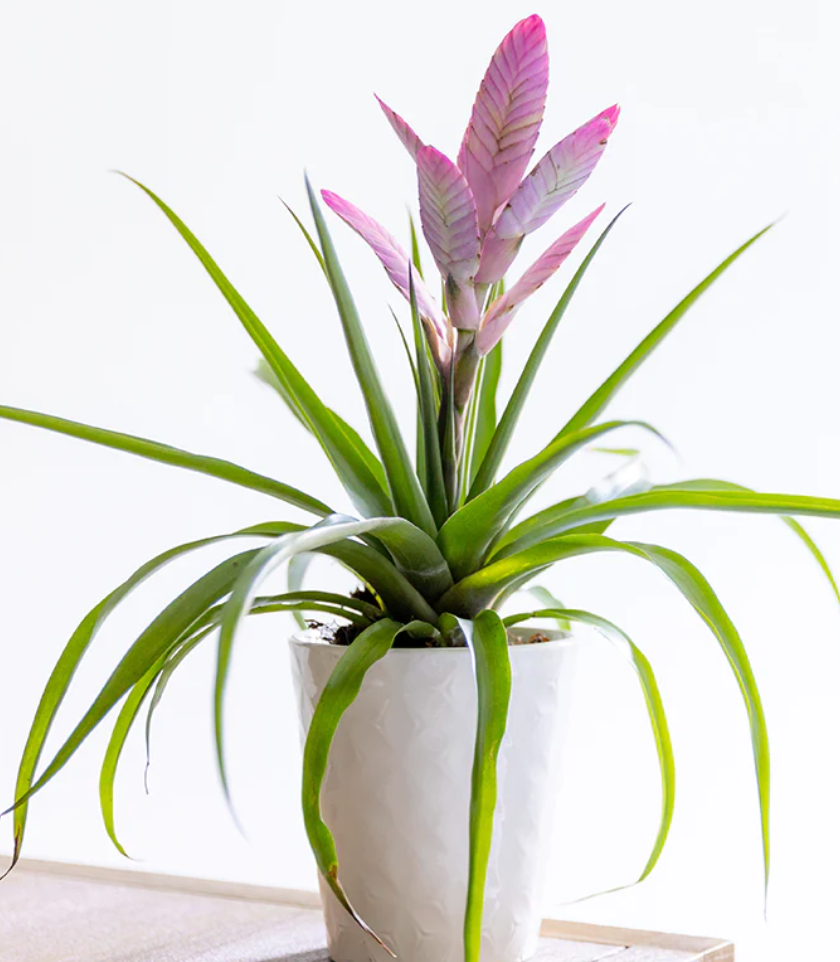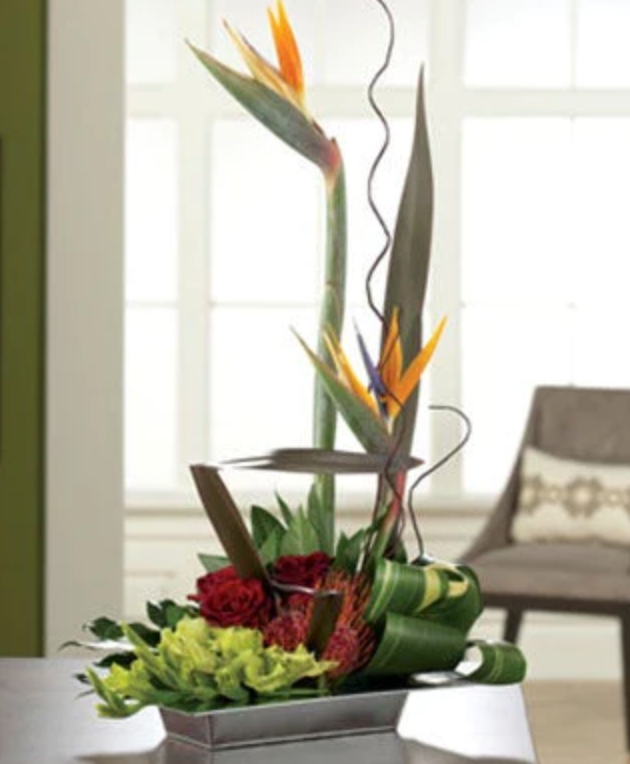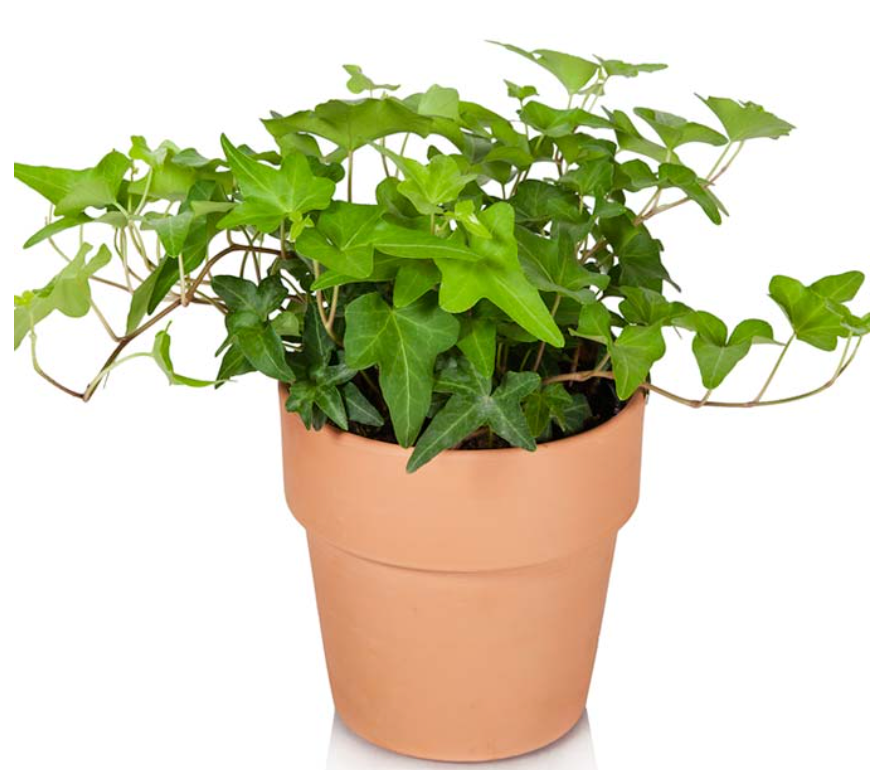Yes, some succulent plants can be toxic to pets if ingested. While succulents are generally considered low toxicity plants, it's essential to be aware of the specific varieties that can pose a risk to your furry friends. Send Plants has a wide variety of succulents including non-toxic succulents; Take a look at Lula’s Garden and find the perfect succulent for every occasion. Here are a few succulents that are known to be toxic to pets:
- Jade Plant (Crassula ovata): Jade plants contain a substance called bufadienolides, which can be toxic to pets, particularly cats and dogs. Ingesting the leaves of the jade plant can cause vomiting, lethargy, and in severe cases, even heart rhythm abnormalities.
- Aloe Vera (Aloe barbadensis): Aloe vera is known for its medicinal properties, but the gel inside its leaves can be toxic to pets if ingested in large quantities. It can cause gastrointestinal upset, vomiting, diarrhea, and in rare cases, tremors or changes in urine color.
- Kalanchoe (Kalanchoe spp.): This popular succulent contains compounds called cardiac glycosides, which can be toxic to pets. Ingestion can lead to symptoms such as vomiting, diarrhea, abnormal heart rhythm, and in severe cases, even organ failure.
- Euphorbia (Euphorbia spp.): Many types of euphorbia, including the popular "Pencil Cactus" (Euphorbia tirucalli), contain a white sap that can cause skin irritation and gastrointestinal issues if ingested. The sap can also cause eye irritation, so it's important to handle these plants with care.
While the mentioned succulents have some level of toxicity, it's important to note that not all succulents are harmful to pets. However, to ensure the safety of your furry companions, it's always a good practice to research the specific succulent varieties you plan to have and keep them away from any potentially harmful plants.




